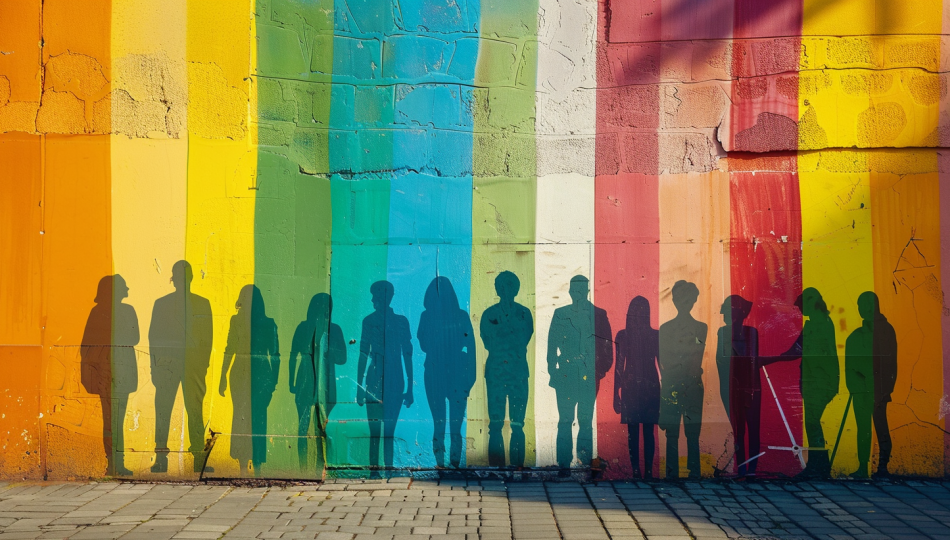Equality, Diversity and Inclusion in Poland. Social progress is a work in progress

Editor

MidJourney
related articles
What is EDI and how is it implemented in Poland?
Equality, diversity, and inclusion (EDI) are considered to be key components of any democratic society. However, in recent years, Poland, like many other countries, has grappled with issues of discrimination and inequality.
Ethnic minorities
In 2011, Poland passed an Act on National and Ethnic Minorities and on the Regional Languages, which aimed to protect the rights of national and ethnic minorities in Poland. The law recognized the existence of 14 national and ethnic minorities in the country. The law also recognized the right of these minorities to use their languages in official settings and provided for the creation of minority language schools.
Gender equality
In terms of gender equality, Poland has made some progress in recent years. The country has ratified the Convention on the Elimination of All Forms of Discrimination Against Women (CEDAW) and has adopted several policies aimed at promoting gender equality. However, women in Poland still face significant challenges, particularly in the areas of employment and politics. The gender pay gap in Poland is among the highest in the European Union, and women are significantly underrepresented in politics, with only 27% of seats in the Polish parliament held by women.
LGBTQ+ rights
In terms of LGBTQ+ rights, Poland does not have the best track record. The country's ruling party, Law and Justice (PiS), has been accused of promoting homophobia and transphobia and of limiting the rights of LGBTQ+ individuals. Despite rising public support for LGBT+ rights, the Polish Constitution still offers a very narrow definition of marriage as “a union of a man and a woman“. Therefore, civil partnerships and marriages between two people of the same sex are not allowed. What is more, for such couples legal adoption is not an option.
By the end of 2020, several Polish cities declared themselves "LGBT-free zones," sparking international condemnation. However, when facing the EU and its threats to withdraw millions of euros in funding from cities that supported such proclamations, local authorities were asked by the Polish government to repeal similar anti-LGBT+ resolutions.
What could (and should) be done?
So, what can be done to turn EDI into a reality rather than a dream in Poland?
Firstly, the Polish government must take concrete steps to promote and protect the rights of minorities. This includes ensuring that minority languages are protected and that minority communities are represented in politics and other areas of public life. The government must also work to combat discrimination and hate speech, particularly towards minority groups.
In terms of gender equality, the Polish government should work to close the gender pay gap and to increase the representation of women in politics, as well as other areas of public life. This includes promoting women's education and training and providing support for women who wish to enter politics.
Finally, the Polish government must take steps to protect the rights of the LGBTQ+ community. This includes repealing laws that limit the rights of LGBTQ+ individuals and taking decisive action to combat homophobia and transphobia.
EDI is still a work in progress
In conclusion, while Poland has made some progress toward promoting EDI, there is still much work to be done to turn EDI into a reality rather than a dream. The government must take concrete steps to protect the rights of minorities, promote gender equality, and protect the rights of the LGBTQ+ community. Only then can Poland truly become a society that values equality, diversity, and inclusion.
SOURCES:
Amnesty International, Raport roczny 2022-23, Stan praw człowieka w Polsce












